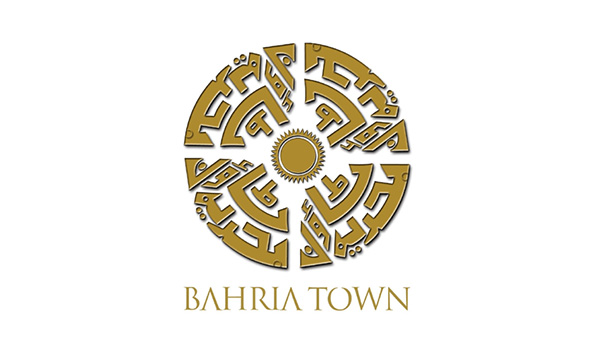Lahore: Amid Pakistan’s ongoing economic challenges, businesses are struggling under the weight of soaring inflation, high interest rates, and inconsistent policies. In response to this turmoil, experts are calling for transformative reforms to stabilize the economy. A leading voice in this call for change is Dr. Mohammad Arshad, former regional chief of the Federation of Pakistan Chambers of Commerce and Industry (FPCCI), who has issued a strong plea for the State Bank of Pakistan (SBP) to lower interest rates and introduce an amnesty scheme to revitalize the construction sector.
Read: PM’s Construction Package in making to revitalise the industry
In a statement released on Thursday, Dr. Arshad urged the SBP and the government to bring interest rates down to 6 percent for the next five years, a move he believes would provide essential relief to businesses grappling with high borrowing costs. He argued that reducing the cost of borrowing would not only stimulate economic activity but also encourage long-term investments in capital-intensive sectors, creating jobs and boosting investor confidence.
Historically, high interest rates have been a barrier to entrepreneurship and growth, especially in emerging economies like Pakistan. A significant reduction in rates would offer struggling businesses the breathing room they need and set the stage for sustainable economic recovery.
Read: Overseas Pakistanis get real estate tax relief under new FBR initiative
The construction industry, a vital driver of Pakistan’s economy, has been severely impacted by the current economic climate. Dr. Arshad advocated for the introduction of an amnesty scheme to unlock dormant capital in the sector. He proposed that the scheme should ensure no questions are asked about the source of investment and should be free from rigid time constraints, creating a favorable environment for long-term investor confidence.
A revitalized construction sector could lead to a ripple effect, benefiting allied industries such as cement, steel, and labor markets. This, in turn, could significantly boost employment and national output, contributing to the overall recovery of Pakistan’s economy. The construction industry accounts for a large portion of Pakistan’s GDP, and with the right support, it has the potential to catalyze a broader economic revival.
Read: Foreign investment soars, economic stability strengthened by SIFC, Saudi Deals
In addition to the construction sector, the textile industry, which is often referred to as the backbone of Pakistan’s economy, has faced significant challenges in recent years. High production costs, erratic energy supplies, and inconsistent policies have hampered growth. Dr. Arshad recommended targeted interventions for the textile sector, including subsidies for production, guaranteed energy supplies, and export incentives. Boosting textile production and exports, he emphasized, could help increase Pakistan’s foreign exchange earnings and reduce the trade deficit.
With the right reforms, experts believe that Pakistan can navigate its economic challenges and move toward a more stable and prosperous future.







